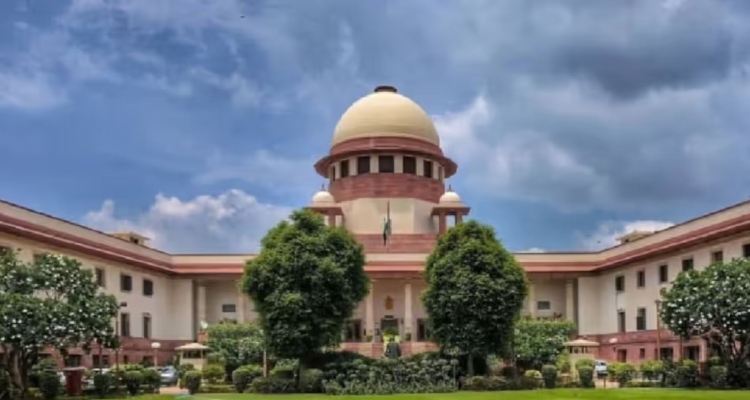
The Supreme Court on Thursday has ordered that no coercive action be taken against journalist Mamta Tripathi in connection with 4 FIRs filed against her in Uttar Pradesh.
A bench comprising Justices BR Gavai, P K Mishra, and KV Viswanathan issued a notice to the Uttar Pradesh government, seeking its response to Tripathi’s petition to quash the FIRs, which she claims are politically motivated and aimed at stifling press freedom.
The FIRs relate to tweets posted by Tripathi, which she argues were frivolously filed to suppress her journalistic activities. During the hearing, the bench stated, “It is directed that no coercive steps be taken against the petitioner in connection with the subject articles,” and scheduled the next hearing for four weeks.
Senior advocate Siddharth Dave, representing Tripathi, highlighted a similar case involving journalist Abhishek Upadhyay, who sought the quashing of an FIR related to his reporting on “caste dynamics” in the state’s administration.
The Supreme Court had previously granted Upadhyay protection from coercive action, emphasizing that criminal cases should not be initiated against journalists simply for critiquing the government.
Describing the FIRs as a form of harassment, Dave noted that they were filed against journalists merely for their posts on social media platform X. Tripathi’s plea, filed through advocate Amarjit Singh Bedi, mentions that the FIRs were lodged in Ayodhya, Amethi, Barabanki, and Lucknow.
The plea asserts that these FIRs are politically motivated attempts to undermine press freedom. “The FIRs are politically motivated, and attempts are being made to scuttle the freedom of the press by lodging frivolous FIRs against the petitioner,” it states.
Tripathi argues that her reporting aimed to present factual events occurring in Uttar Pradesh, which apparently did not sit well with the state’s administration.
She contends that the multiple FIRs serve to create a “chilling effect,” deterring her from questioning the government’s actions. The plea emphasizes that a free press is a cornerstone of democracy and cannot be silenced from reporting facts and opinions, regardless of how unpalatable they may be to those in power.
Citing Article 19(1)(a) of the Constitution, which guarantees freedom of speech and expression, Tripathi argues that criticism of government policy should not be grounds for filing FIRs. She characterizes the FIRs as a blatant misuse of law enforcement to silence her voice and diminish journalistic freedom in the state.




